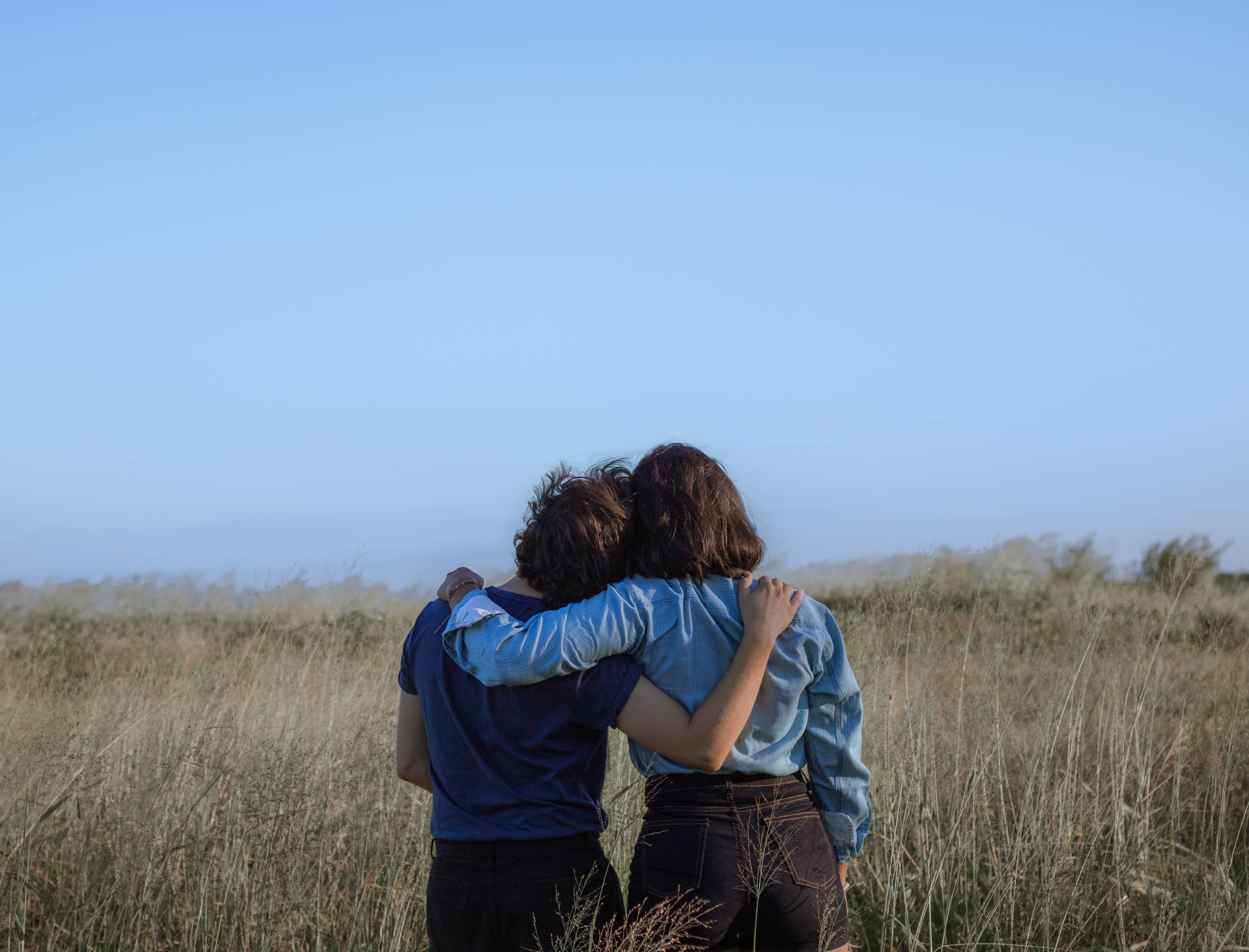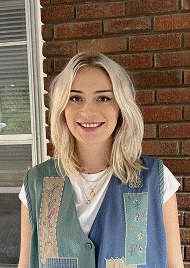Remaining friends from adolescence to adulthood: The role of friendship quality and geographic location
DOI:
https://doi.org/10.32469/aj.v21.20Abstract
Research has shown the health benefits and social support provided by friendships (Holt-Lunstad et al., 2010). Many studies regarding long-term friendships have focused on friendships stable through adolescence (Bowker, 2004) or through adulthood (Yaniklar, 2012). Few studies have considered the degree to which close friendships are stable from adolescence into adulthood.
The goal of the present study is to examine adolescent friendship stability in the long term, and if it is impacted by friendship quality or geographical stability. The adolescent sample consisted of 314 friend dyads in the seventh or tenth grade. The majority of participants were European-American (62.8%) or African-American (29.2%), with equal numbers of boys and girls. Data collection for the adult sample is ongoing (to date, approximately 200 participants have completed the adult assessment).
During the initial adolescent sample, friendship quality was assessed using a revised version (Rose, 2002) of the Friendship Quality Questionnaire (Parker & Asher, 1993). In the adult assessment, geographical stability was assessed by a questionnaire item that asked for their current and/or permanent address. The current friendship status of the dyads was assessed using self-reports that asked if they are still friends. Regression analyses will test the effects of adolescent friendship quality and adult geographic proximity on friendship stability from adolescence to adulthood. We expect that positive friendship quality in adolescence will increase the likelihood that dyads remain friends from adolescence to adulthood. Friends who continue to live in the same city are expected to be more likely than friends who live in different cities to remain friends, and friends who live in the same state are expected to be more likely than friends who live in different states to remain friends. The results of this study will further our understanding of the stability of adolescent friendships.



